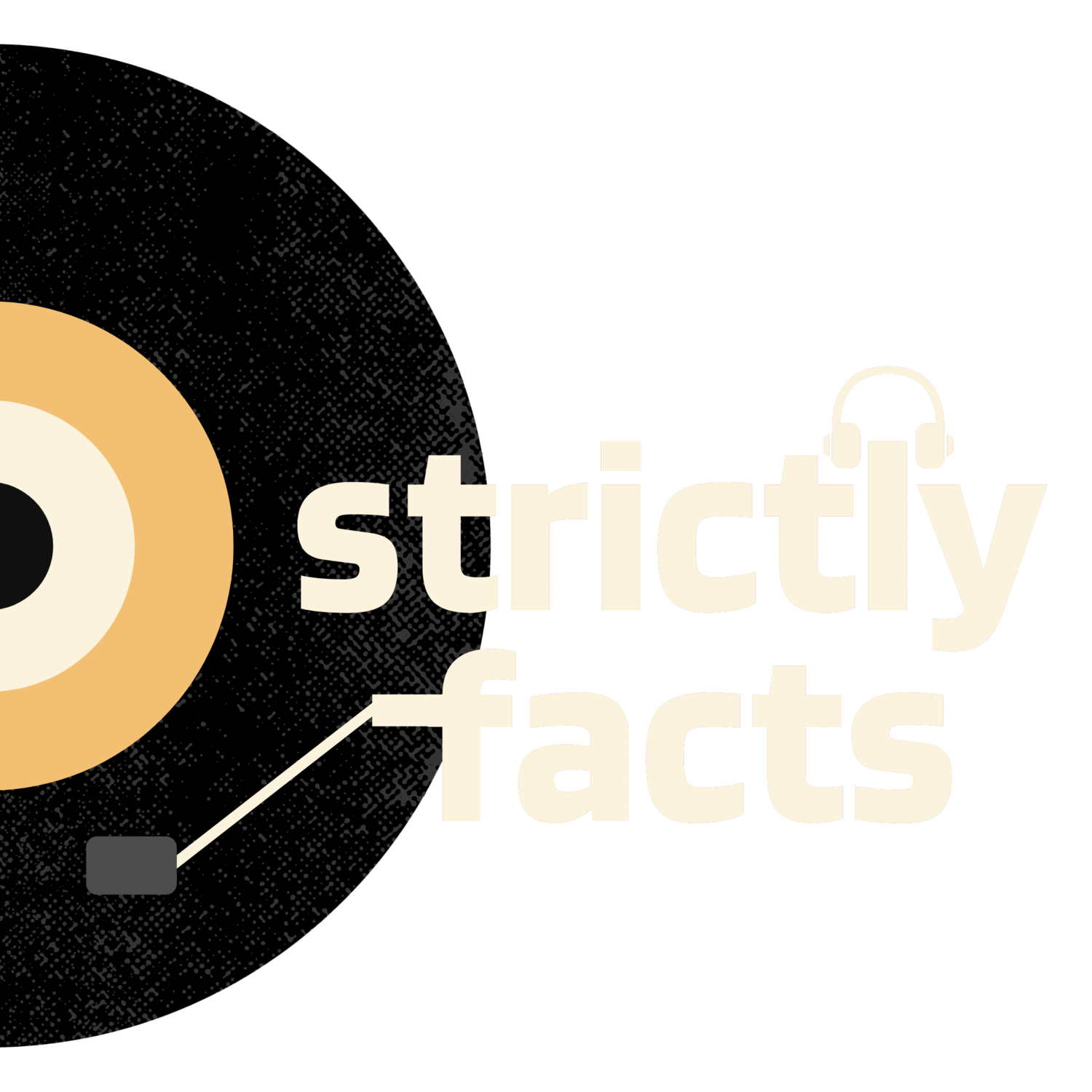Ep. 2: The Caribbean Oral History Tradition
Kicking off Black History month, this episode discusses the importance of oral storytelling in the Caribbean. From familial stories passed down through generations to historically significant folktales, oral histories are not only one of the earliest forms of historical narratives, but this form of storytelling features details often left out of history books.
I grew up listening to my parents’ stories about their childhoods, most of the time of the time with them trying to scold me and make me feel guilty for wanting the latest shoes or newest cell phone. I know those born in the diaspora may know what I’m talking about.
Those stories of how far our parents walked to school and the shoes they shared with siblings. And as a kid, I rolled my eyes to these lessons, it wasn’t until much later that I realized how essential these stories are to my family’s generational history and my own, who I am, and who I am becoming. More importantly, the stories taught me about the ancestors I never had the chance to meet, like my mother’s paternal grandmother, who even as a single-parent managed to send all of her ten children abroad.
The stories have taught me how to cure ailments and fix everyday household problems, like my maternal granny who had a special mixture to get rid of bed bugs. Best of all, these stories taught me that I come from a fierce line of strong minded, tallawah women who were always in radical pursuit of their dreams and who strengthen me as I pursue my own ambitions.
To give some background, oral storytelling traditions are popular across the African diaspora, but here on Strictly Facts, we are focused on the Caribbean. Oral histories are just what they sound like, personal stories told orally that can be firsthand accounts or passed down generation to generation.
On one hand, they are important disseminators of knowledge when issues of literacy exist, but more importantly, oral histories are powerful entries into our family’s past, ancestral knowledge, and even folklore. And different from written texts, you feel the story come alive in its performance. Think back to your favorite story passed down through generations in your family.
Folklore and fables are another frequent topic of storytelling. They not only commonly have a lesson or moral affixed to them, but they are gateways to our past, how the originators of the story lived and what they believed.
One of the most renowned Caribbean symbols of folklore is Anansi the spider, whose stories of wisdom and trickery were transported to the Caribbean with the Akan people from West Africa which is now modern day Ghana and the Ivory Coast.
Our oral culture tells us a lot about our history and who we are. Our past has been preserved through our storytellers, like Jamaica’s own Louise Bennett-Coverly, affectionately known as Miss Lou. She memorialized our folklore and the existences of everyday Jamaicans in her writing and performances.
She is one of the earliest advocates for the legitimacy of patois as a national language. Using Miss Lou as an example, we also see our historical and societal progression as conversations about how our creoles are prominent today.
Our memoirs may not be in “traditional” books, but that doesn’t make them any less important. Take Grenadian-born calypso artist Brother Valentino, who documents the Black Power revolution in Trinidad in his song The Roaring 70s.
These remnants of who we are live on today whether that’s in the origins of steel pan to the beginnings of the bandana cloth, we continue to evolve from and rejoice in these legacies. It is through our music, our chants, our proverbs, and even our clothing that we know who and where we came from.
For a number of reasons, our stories from our perspectives have often been overlooked in the history books of our islands. Instead, they show up in these stories, in secret family recipes, in our music, and in our names. We are the archives and the textbooks we’ve been waiting for.
I say all of this to lead you all to understand my “why” for creating ‘Strictly Facts.’ Many of us have heard these stories before, but as our relatives age and as some academic works become more and more inaccessible we must continue to collect and pass down these stories, especially in the world we live in today. So, think of Strictly Facts as a combination of sitting on your granny’s veranda, reading your history textbook, and holding a vibe to the depths of our rich Caribbean culture. We are just getting started


